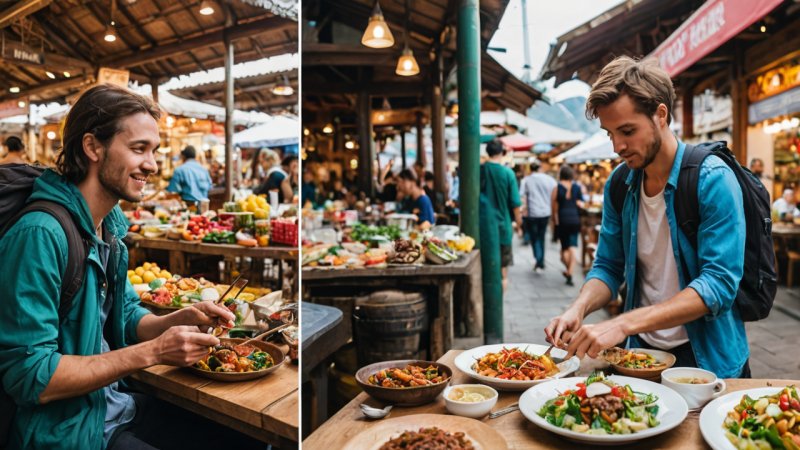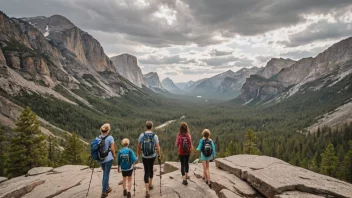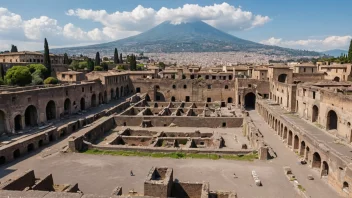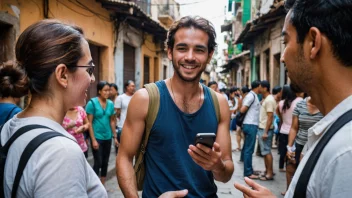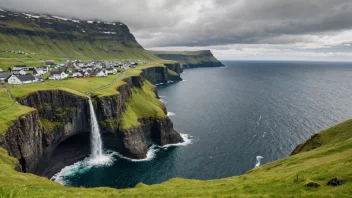Traveling is one of the most enriching experiences one can have, offering a chance to explore new cultures, taste different cuisines, and create lasting memories. However, the way we choose to travel can greatly influence our experiences and budget. In this article, we will compare two popular travel styles: backpacking and luxury travel. Each has its unique advantages and drawbacks, and understanding these can help you choose the right approach for your next adventure.
Defining Backpacking and Luxury Travel
Backpacking typically involves traveling on a budget, often staying in hostels, using public transportation, and prioritizing experiences over comfort. It appeals to adventurous travelers who seek to immerse themselves in local cultures and environments. On the other hand, luxury travel caters to those who prefer comfort and exclusivity, often staying in high-end hotels, dining at gourmet restaurants, and enjoying personalized experiences. Both styles offer unique ways to discover the world.
Cost Considerations
One of the most significant differences between backpacking and luxury travel is cost. Backpacking is generally more budget-friendly, allowing travelers to stretch their funds further. Here are some cost-related pros and cons of each style:
- Backpacking Pros: Lower accommodation costs, cheap local food options, and the ability to travel slowly and explore multiple destinations without breaking the bank.
- Backpacking Cons: Less comfort and convenience, potential safety concerns in certain areas, and the need for careful budgeting.
- Luxury Travel Pros: High-quality experiences, convenience, and peace of mind regarding safety and comfort.
- Luxury Travel Cons: Higher overall costs, which may limit the number of destinations or experiences you can enjoy.
Experience and Adventure
When it comes to experiences, each travel style offers distinct advantages. Backpackers often find themselves in situations that lead to spontaneous adventures and authentic interactions with locals.
- Backpacking Experiences: Engaging in local customs, participating in community events, and discovering hidden gems off the beaten path.
- Luxury Travel Experiences: Curated experiences such as private tours, exclusive access to attractions, and fine dining.
While backpacking emphasizes immersion and exploration, luxury travel provides a more curated approach, ensuring comfort and exclusivity.
Accommodation Choices
Accommodation is another critical factor that highlights the differences between these two travel styles. Backpackers typically opt for hostels, guesthouses, or even camping, while luxury travelers choose upscale hotels, resorts, or boutique accommodations.
- Backpacking Accommodation Pros: Affordable rates, opportunities to meet fellow travelers, and a more communal atmosphere.
- Backpacking Accommodation Cons: Less privacy, potential lack of cleanliness, and varying quality.
- Luxury Accommodation Pros: High comfort levels, superior service, and often stunning locations.
- Luxury Accommodation Cons: High costs and potential isolation from local culture.
Transportation Options
Transportation plays a vital role in shaping travel experiences. Backpackers usually rely on public transport, buses, or shared rides, while luxury travelers often prefer private transfers or rental cars.
- Backpacking Transportation Pros: Cost-effective, opportunities to interact with locals, and exposure to authentic travel experiences.
- Backpacking Transportation Cons: Time-consuming, less comfortable, and may require more planning.
- Luxury Transportation Pros: Convenience, comfort, and efficiency.
- Luxury Transportation Cons: Higher expenses and potential disconnect from local culture.
Social Interactions
Social interactions vary significantly between these two travel styles. Backpackers often find community among fellow travelers, sharing stories and experiences, while luxury travelers might interact more with service staff or other guests.
- Backpacking Social Pros: Opportunities for camaraderie, shared experiences, and lasting friendships.
- Backpacking Social Cons: Less privacy and potential language barriers.
- Luxury Social Pros: More personalized service and exclusive networking opportunities.
- Luxury Social Cons: Less chance for genuine interactions with locals or travelers.
Environmental Impact
In recent years, the conversation around sustainable travel has gained traction. Backpacking tends to have a lower carbon footprint, as it often involves using public transportation and staying in smaller, locally-owned accommodations.
- Backpacking Environmental Pros: Lower resource consumption and support for local economies.
- Backpacking Environmental Cons: Could still contribute to overtourism in popular areas.
- Luxury Travel Environmental Pros: High-end resorts often incorporate sustainable practices and contribute to conservation efforts.
- Luxury Travel Environmental Cons: High resource consumption and potential negative impact on local communities.
Conclusion
Both backpacking and luxury travel offer unique advantages and challenges, catering to different types of travelers. If you crave adventure, cultural immersion, and cost-effectiveness, backpacking may be the right choice for you. Conversely, if you prefer comfort, exclusivity, and curated experiences, luxury travel might suit your needs better. Ultimately, the best travel style for you depends on your personal preferences, budget, and travel goals. Whichever you choose, the world is full of incredible experiences waiting to be discovered.
